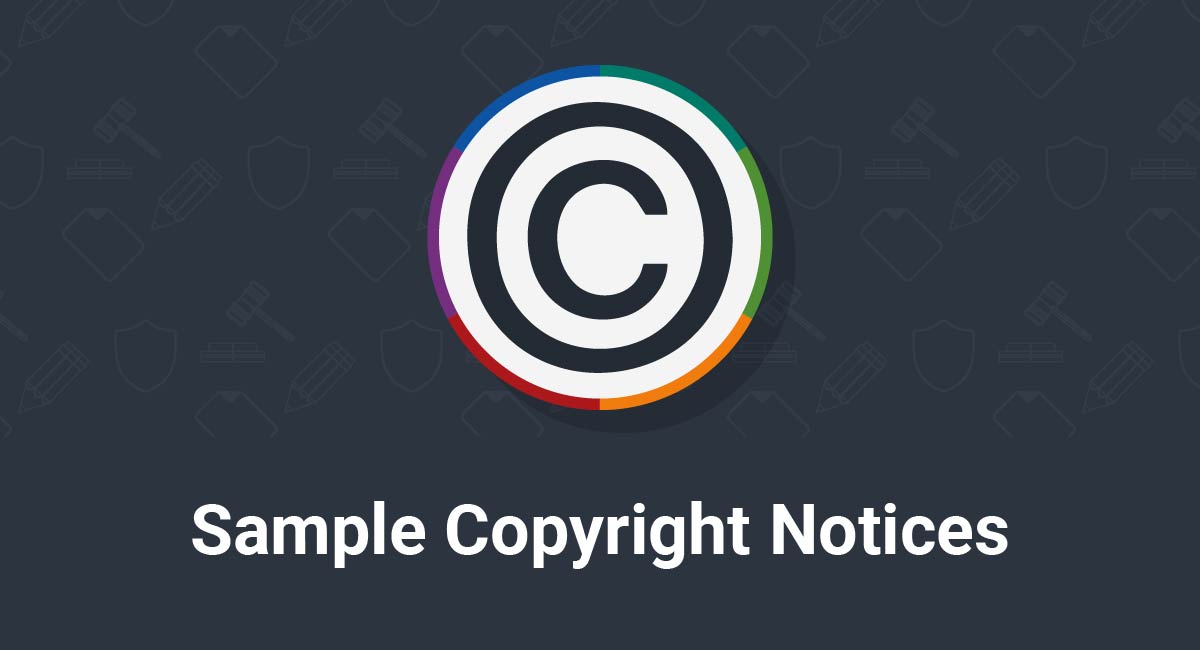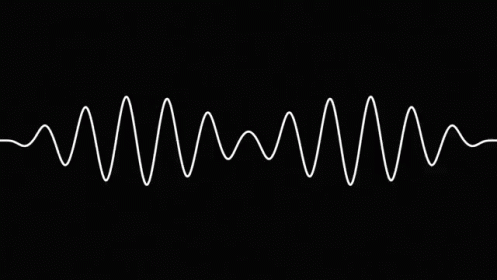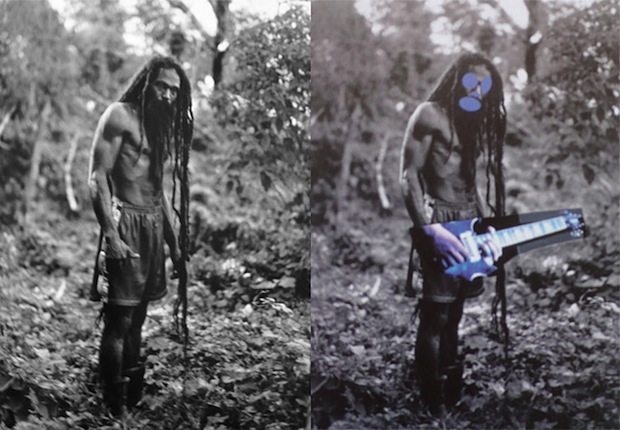Copyright can be used in many different scenarios varying in severity depending on the situation. For example, highly sensitive creations such as patented products and ideas are subject to copyright because they require protection from replication. There are many forms of copyright such as Public Performance License, Reproduction right, and Non Derivative.

Focusing on copyright of digital content, I believe it will always be a gray area due to our nature of translating ideas in our own personal ways. Human creativity gravitates towards other inspirational ideas and creations. Without this inspiration from other sources we would be extremely limited to creating “NEW” ideas and new creations.

I don’t believe copyright is a good influence in areas of creativity. It is extremely limiting and restrictive to our inspiration for creation. Copyright can be discouraging for aspiring creators because the danger of dealing with legal repercussion is definitely not worth the risk when establishing yourself as a creative.

The case of Andy Baio the software developer highlights the major issue in copyright existing throughout areas of creativity. Andy Baio received a lawsuit from a photographer claiming infringement on his intellectual property in the form of a digital image. Unfortunately it can be difficult to differentiate the ownership of an arrangement of pixels, and the ownership of intellectual property.

In the words of Andy Baio, “We learn to make great art by copying”. I believe this is completely true, and the reason there is a ‘gray area’ when discussing copyright throughout creative environments. Andy Baio believes that everything at it’s core is a remix, he states, “The idea of the lone artist and inventor struck by an idea is a myth” when discussing a video inspired by videos from a song that samples another song made by a game that is inspired by another game. This complexity of origination shows the reason human interpretation is a contradiction to copyright.

Richard Prince who encountered a unique incident of copyright, experienced having the court rule in favor of his creative interpretation as non infringing on the intellectual property of another. The idea that the supreme court can order a creative to destroy their creation is clearly discouraging of creative creation, ” the court ordered all unsold Canal Zone artworks and catalogs sent to Cariou so that they could be destroyed”. The idea that, “Prince makes fair use of Cariou’s photographs, often altering them very slightly with painting and collage” should be more than enough to exempt Prince from any legal reparations.

Personally I do not always abide by copyright standards. I would assume the majority of us infringe on copyright standards in our daily lives. The fact that we are not publishing these works does not mean we should be going under the radar, and aspiring creatives showing their work to the world should be punished. There are tight restrictions on where music can be played and shared, what arrangement of pixels are considered intellectual infringement, and more. I understand the importance and significance copyright but I believe it is a barrier that limits the true potential of human creativity. In conclusion the negative impact on creative work outweigh’s the positive protection and uniqueness copyright provides.



